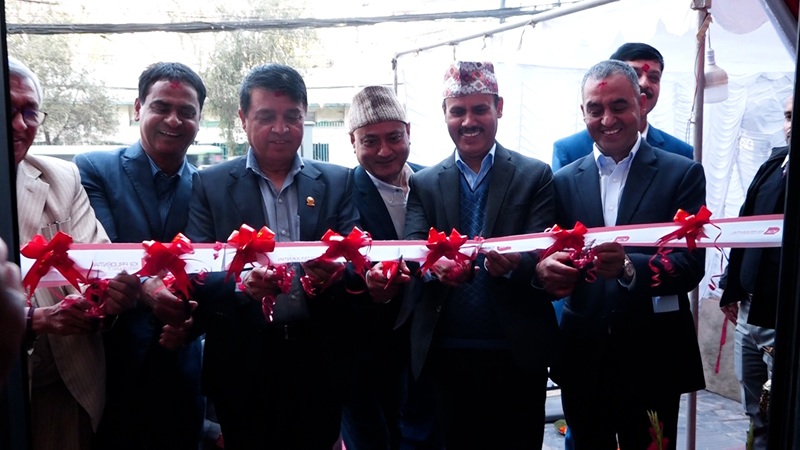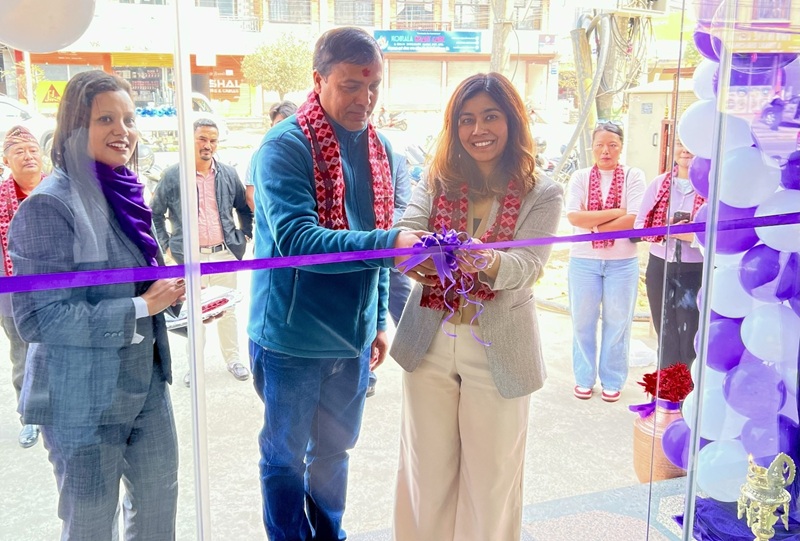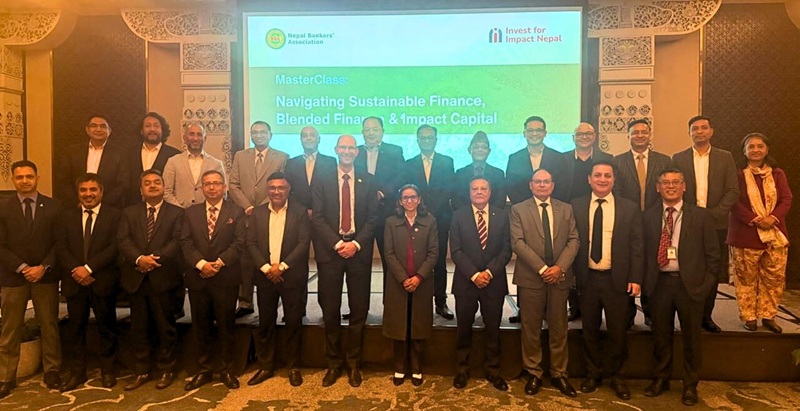Transforming Rural Education in Nepal: Huawei’s Smart Classroom Project
22nd January 2025, Kathmandu
In a significant step toward bridging the digital divide, Huawei has completed the Smart Classroom project at Buddhodaya Madhyamik Bidhyalaya, located in Gilang, Lumjung.
Transforming Rural Education Nepal
This initiative, a partnership with the Ministry of Communication and Information Technology (MoCIT), aims to transform rural education by providing students with access to cutting-edge learning tools and resources, empowering them to thrive in an increasingly digital world.
Bringing Technology to the Classroom
The Smart Classroom project at Buddhodaya Madhyamik Bidhyalaya marks a milestone in Nepal’s Digital Nepal Framework. Huawei has equipped the school with state-of-the-art technology, including the Huawei Idea Hub, laptops, desktops, Wi-Fi, and various digital learning tools.
These technological advancements are designed to enhance both onsite and online education, ensuring that students in rural areas can benefit from an interactive and dynamic learning environment.
The installation of these digital tools empowers teachers to deliver engaging lessons, while students can access a wealth of information and learning resources online, fostering a more holistic educational experience. This project will enable students in remote regions to compete with their peers on a global scale, providing them with the opportunity to acquire the digital skills necessary for success in today’s world.
A Step Toward Digital Inclusion
The project’s launch is an important milestone in the drive for digital inclusion in Nepal. With technology playing an essential role in modern education, access to digital tools is crucial for ensuring that all students—regardless of their geographic location—can enjoy the benefits of high-quality education. Huawei’s contribution helps narrow the education gap between rural and urban areas, giving students in remote locations the same opportunities to excel.
Inauguration Ceremony
The inauguration ceremony of the Smart Classroom was graced by Hon. Mr. Prithvi Subba Gurung, the Minister of MoCIT, who highlighted the positive impact the project will have on rural education. His address emphasized the importance of utilizing digital tools to enhance the educational experience for students in underserved areas and how this initiative aligns with Nepal’s broader vision for digital transformation in education.
Huawei’s Commitment to Nepal’s ICT Ecosystem
As part of its ongoing commitment to Nepal’s Digital Nepal Framework, Huawei is proud to contribute to the country’s ICT ecosystem by providing advanced technologies that support the development of the education sector. The company’s involvement in projects like this plays a crucial role in strengthening Nepal’s digital infrastructure, ensuring that the next generation of students has access to the resources and opportunities they need to succeed in the digital age.
The Future of Education in Rural Nepal
The Smart Classroom project at Buddhodaya Madhyamik Bidhyalaya is just one example of how technology can revolutionize education, especially in rural areas. By providing access to modern learning tools, Huawei and MoCIT are ensuring that the students of Gilang, Lumjung, and other remote communities can fully participate in the global digital economy. This initiative will not only enhance education but also contribute to digital literacy, helping students gain valuable skills that will empower them for years to come.
Conclusion
Huawei’s Smart Classroom project at Buddhodaya Madhyamik Bidhyalaya is an inspiring example of how technology can transform education in rural Nepal.
With the support of MoCIT and Huawei’s cutting-edge solutions, this initiative is setting the stage for a brighter, more connected future for students in remote areas. By ensuring access to quality education through digital tools, we’re not just empowering individual students—we’re creating a resilient, digitally literate generation ready to take on the challenges of the future.







